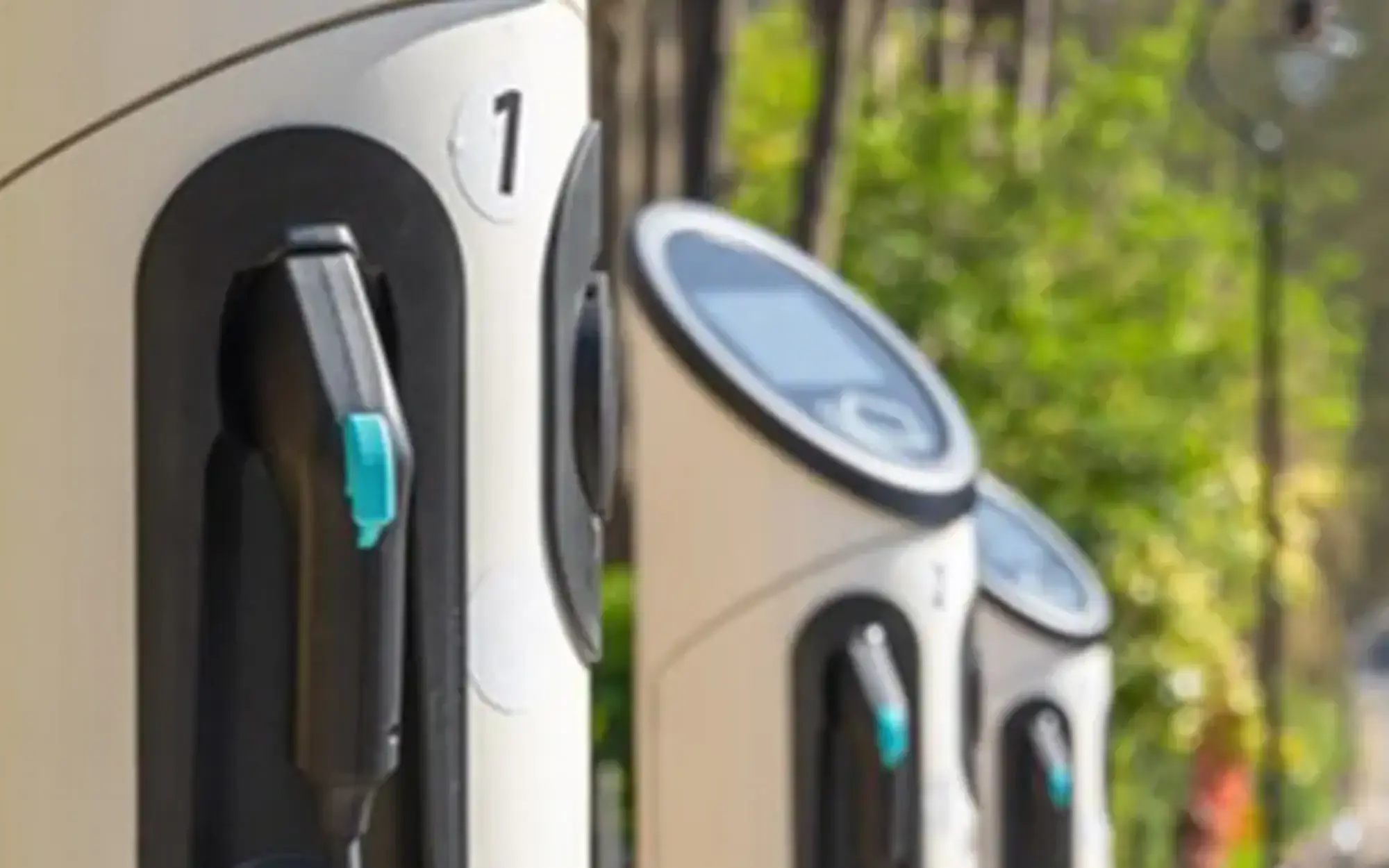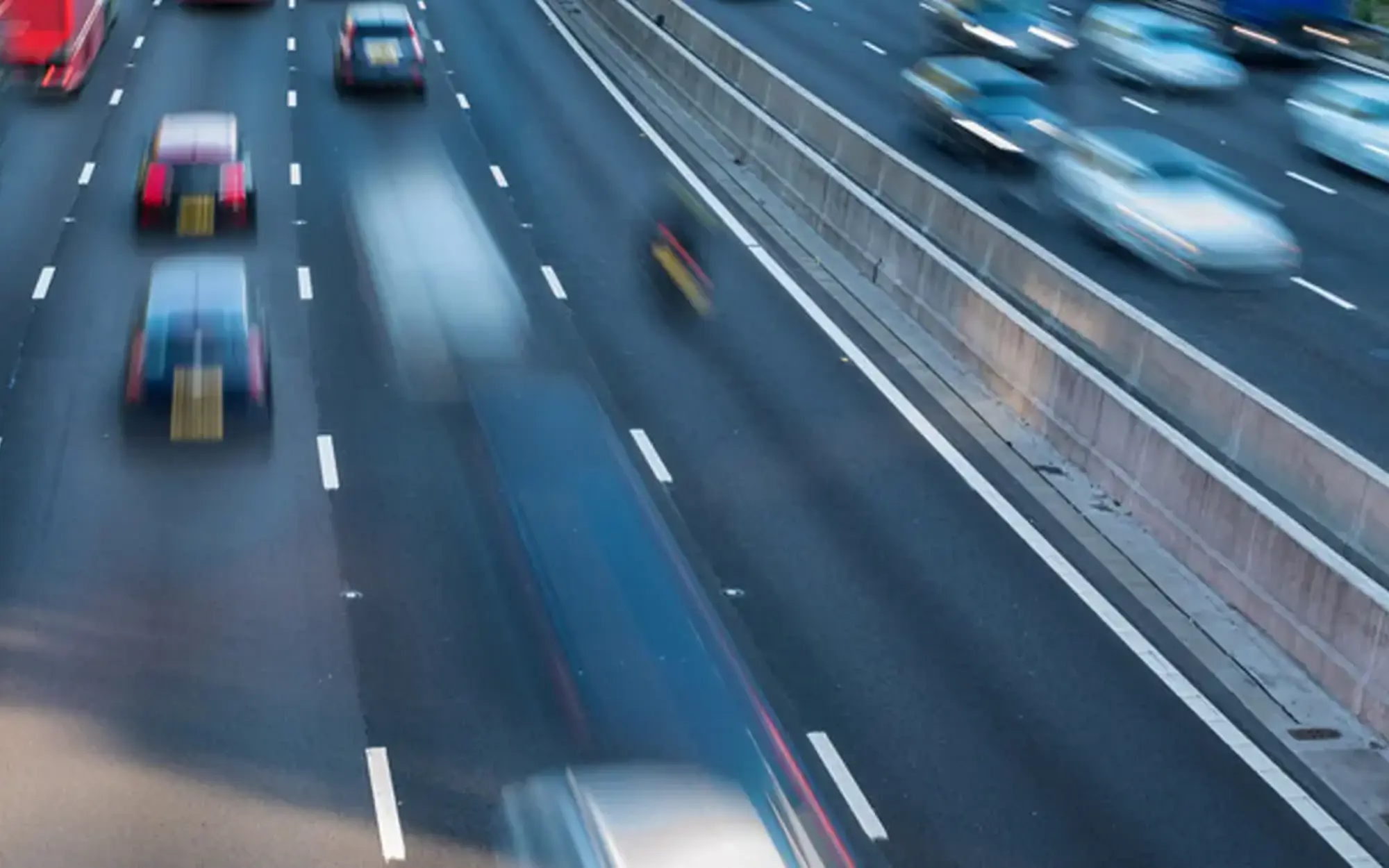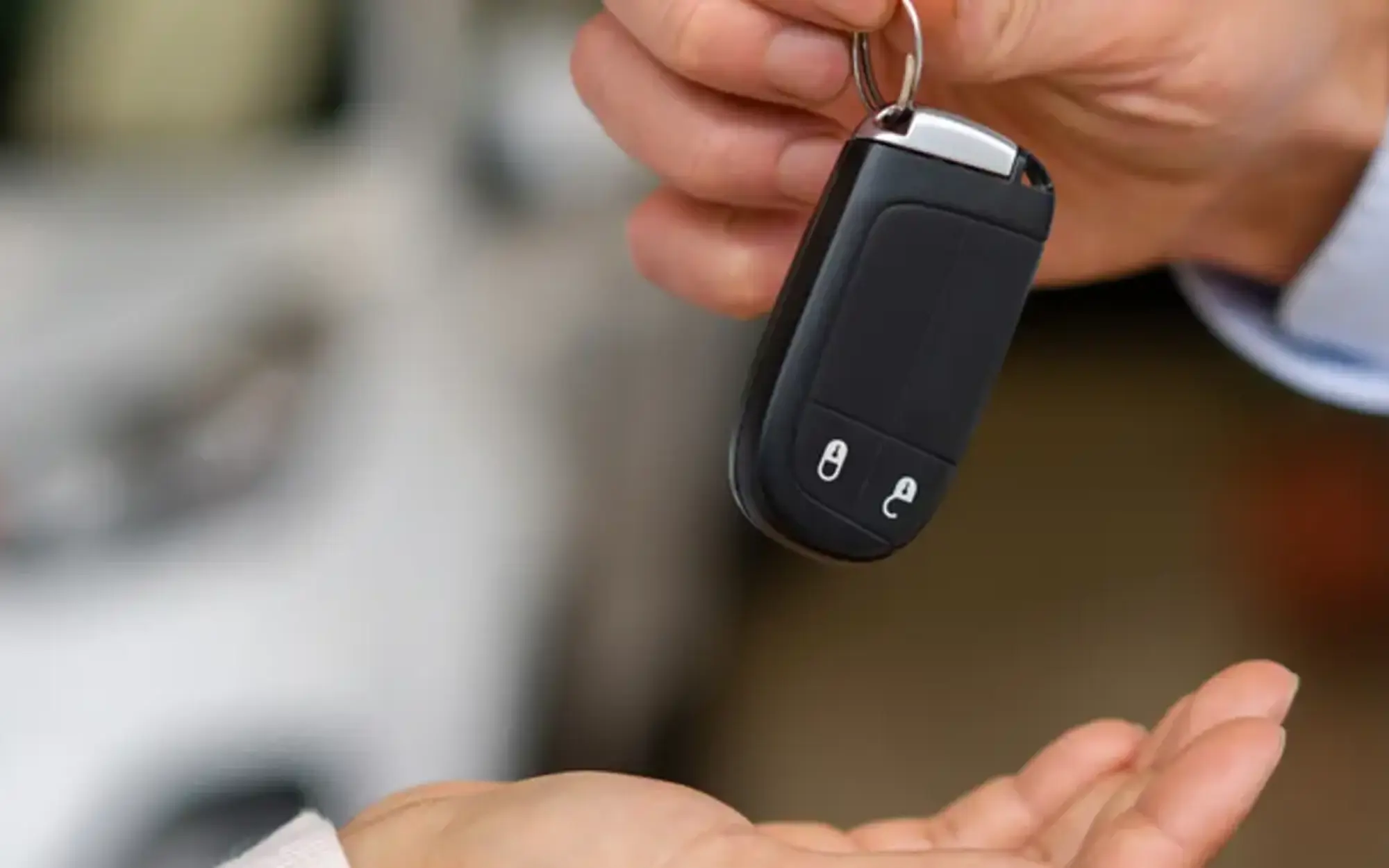
Vehicle Depreciation
From the moment a new vehicle leaves the forecourt it begins to decrease in value.
How to slow down the depreciation of your vehicle
From the moment a new vehicle leaves the forecourt it begins to decrease in value.
Car depreciation is as inevitable as death and taxes, but there are factors you can look out for in order to slow down the decline of your vehicle’s value.
It is estimated that on average vehicle’s drop in value by 50-60% within the first three years of new ownership.
This means that from the moment you drive your vehicle away, the amount you could re-sell it for is on a steady decline for the next few years.
In fact, although at a slower rate, the value of your vehicle tends to depreciate for up to eight years before it levels out.
While reasonable wear and tear and increasing mileage are unavoidable, there are other factors that contribute to the decreasing value of your vehicle that you can control, or at least consider when deciding which vehicle to purchase.
Firstly, do your research.
Vehicles which have a lower perception of quality can depreciate quicker, regardless of whether or not that perception is false.
Reading car reviews and opting for vehicles from well-known or well-respected manufacturers can help you retain higher value from your vehicle.
If a new make and model hits the market and sales are poor, the sell-on value of that vehicle if you have bought one is likely to decrease more rapidly than a vehicle which flies off the shelves so to speak.
Secondly, ensure you pay attention to vehicle performance.
A vehicle with lower running costs holds its value better than one with higher running costs.
Good fuel efficiency, low mileage and cheaper insurance and road tax prices all contribute to the value of the vehicle itself dropping at a much slower rate.
Lastly, when purchasing a new car, consider the price.
The depreciation of a vehicle is calculated as a percentage rate therefor the more expensive the vehicle the higher the margin of value loss you are susceptible to.
So, while a car bought for £10,000 depreciating 50-60% over three years decreases by around £5,000-£6,000, buying a £40,000-£50,000 would see you losing closer to £25,000 when it comes to revaluing your vehicle.
In addition to purchasing considerations, maintaining your vehicle in the right way can help it to hold its value better too.
Keeping all service history and MOT records as well as any record of work done to the vehicle will prove handy when it comes to any re-sale, as will Keeping your mileage as low as possible.
It is important that where any work is required on your vehicle, that you ensure you do have it done.
The cost outlay for maintenance work will likely outweigh the amount the vehicle depreciates by if you cut corners on your vehicle’s health.
Whilst for many, supercharging a vehicle can be a hobby, modifying cars too much actually detracts from its value so avoid making too many upgrades to your vehicle where possible.
Finally, there’s a reason that most landlords list non-smokers and no pets as requirements when renting a property – they both leave unmaskable, unpleasant odours behind.
This is the same with your vehicle. Spoiling the upholstery in your vehicle with the smell of cigarettes or damp dog will only depreciate its value much more rapidly.
While you cannot directly stop your vehicle losing value, you can slow down the rate at which it does so to make the most from your asset when it comes to selling it on.
Business Breakdown Cover
Keep your business moving
Pay monthly from £11.00 per vehicle – exclusive to the RAC




